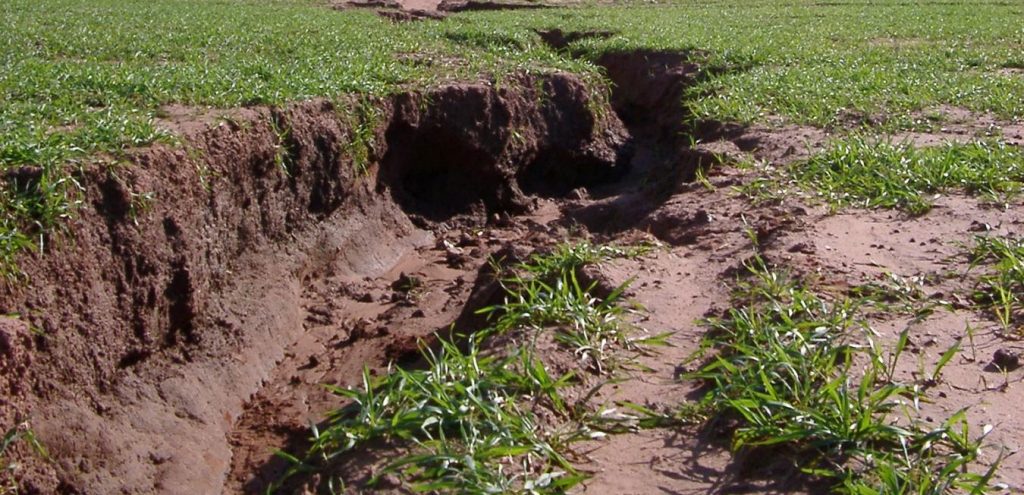Farm management brings with it the responsibility of ensuring that soil content is suitable to the type of farm that is being run. Focusing on soil management has been highlighted in the latest amendment made to Teagasc’s manual on drainage and soil management.
Named the “best practice” document, it is aimed at farmers who are considering a drainage project on mineral soils and those managing land susceptible to damage in poor weather conditions.
It’s understood that the manual was developed with feedback from some of the country’s leading farmers and scientists. The significant changes are said to have an added section on soil health, newly developed to assist farmers.
The guide states that fields with high organic content or peat soils should not be considered for land drainage works, as according to the national body it is ‘contrary to the climate change goals of Ireland’. This would in turn result in large amounts of carbon dioxide emissions into the atmosphere.
Teagasc director Prof. Frank O’Mara says that farmers have seen “how periods of persistent rainfall have played havoc with grazing, silage-making and tillage operations” in recent years. He adds that drainage projects that are “implemented professionally on appropriate soil types and with careful regard for the environment” will improve productivity in most years.
LSL News.

